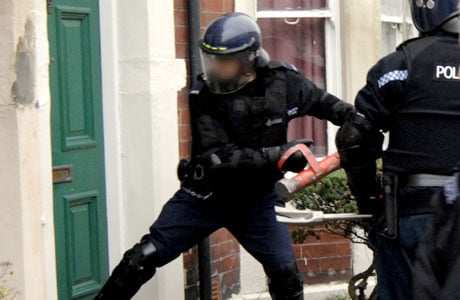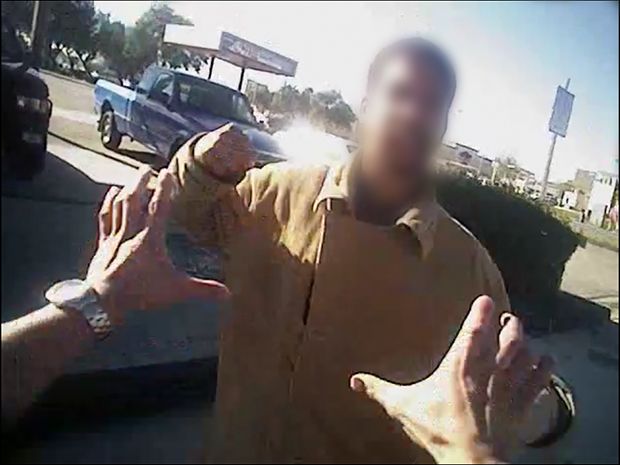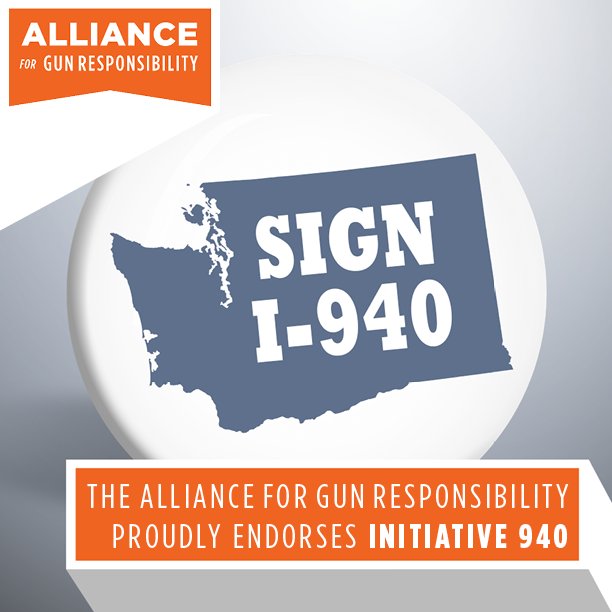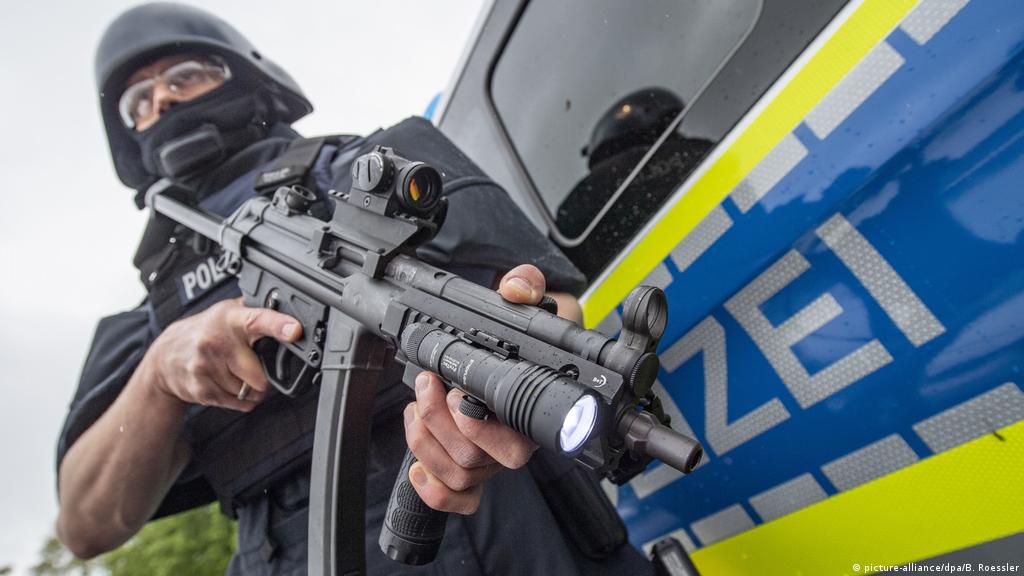
In Bonivert v. City of Clarkston, the Ninth Circuit Court of Appeals held that police officers responding to a “physical domestic” call violated the Fourth Amendment by entering the locked house without a warrant after the suspect, who was the lone occupant of the home by the time the police arrived, refused repeated requests to come to the door. Under the facts of the case, the forced entry could not be upheld under consent, emergency doctrine or exigent circumstances.
BACKGROUND FACTS
This case starts with a domestic dispute call to the police from the home of Ryan Bonivert. During an evening gathering with friends, Bonivert reportedly argued with his girlfriend, Jessie Ausman, when she attempted to leave with the couple’s nine-month old daughter. By the time police arrived, the disturbance was over: Ausman, the baby, and the guests had safely departed the home, leaving Bonivert alone inside. At that point, there was no indication that Bonivert had a weapon or posed a danger to himself or others. Nor does the record suggest that Ausman intended to reenter the house or otherwise asked police to accompany her inside. When Bonivert failed to respond to repeated requests to come to the door, the officers decided they needed to enter the house. No attempt was made to obtain a search warrant.
Though Bonivert locked the door to his house and refused police entreaties to talk with them, the police broke a window to unlock and partially enter the back door. Even then, Bonivert tried to shut the door, albeit unsuccessfully. Although Ausman consented to the officers entering the house, Bonivert’s actions were express—stay out.
Nevertheless, the officers forced their way in, throwing Bonivert to the ground, and then drive-stunned him with a taser several times, handcuffed him, and arrested him. Bonivert was arrested for assaulting an officer, resisting arrest, and domestic violence assault in the fourth degree.
Bonivert brought civil rights claims under 42 U.S.C. § 1983 against the City, the County, Combs, Purcell, Gary Synder, and Joseph Synder, alleging warrantless entry and excessive force in violation of Bonivert’s constitutional rights. The district court granted summary judgment in favor of the defendants on the basis of qualified immunity.
For those who don’t know, qualified immunity protects a government official from lawsuits alleging that the official violated a plaintiff’s rights. It only allows suits where officials violated a “clearly established” statutory or constitutional right. When determining whether or not a right was “clearly established,” courts consider whether a hypothetical reasonable official would have known that the defendant’s conduct violated the plaintiff’s rights.
COURT’S ANALYSIS & CONCLUSIONS
In short, the Ninth Circuit concluded that the warrantless entry into Bonivert’s home violated the Fourth Amendment as none of the lawful exceptions to the warrant requirement applied. The officers are not entitled to qualified immunity.
The Police Officers Were Not Entitled to Qualified Immunity.
The Court reasoned that police officers are not entitled to qualified immunity if (1) the facts taken in the light most favorable to the party asserting the injury show that the defendants’ conduct violated a constitutional right and (2) the right was clearly established at the time of the alleged violation.
In other words, the question is whether it would be clear to a reasonable officer that his conduct was unlawful in the situation he confronted.
Fourth Amendment
The Court of Appeals explained that the Fourth Amendment protects the right of the people to be secure in their persons, houses, papers, and effects, against unreasonable searches and seizures.
“It has long been recognized that the physical entry of the home is the chief evil against which the wording of the Fourth Amendment is directed,” reasoned the Court. “This special protection of the home as the center of the private lives of our people reflects an ardent belief in the ancient adage that a man’s house is his castle to the point that the poorest man may in his cottage bid defiance to all the forces of the Crown.” Consequently, the Court reasoned it is a basic principle of Fourth Amendment law that warrantless searches of the home or the curtilage surrounding the home are presumptively unreasonable.
“Taken in the light most favorable to Bonivert, . . . the facts demonstrate that the officers violated Bonivert’s constitutional right because no exception to the Fourth Amendment’s warrant requirement justified the officers’ entry into Bonivert’s home.”
Warrantless Entry: Officer are Not Entitled to Entry Under the “Consent” Exception.
The Court explained that although the consent exception ordinarily permits warrantless entry where officers have obtained consent to enter from a third party who has common authority over the premises, Georgia v. Randolph held that an occupant’s consent to a warrantless search of a residence is unreasonable as to a co-occupant who is physically present and objects to the search.
“Such is the situation here,” said the Court of Appeals. “Even though the officers secured
Ausman’s (his girlfriend’s) consent, Bonivert was physically present inside and expressly refused to permit the officers to enter on two different occasions.”
The court explained that Bonivert expressly refused entry when he locked the side door to his house. During the initial “knock and talk,” Combs and Purcell knocked and attempted to open the front and back doors to the house, but found them to be locked. As the officers circled the house to approach the side door, Bonivert realized it was unlocked and locked it as Combs was approaching. Combs heard the door lock and informed Purcell.
Bonivert also expressly refused entry when he attempted to close the back door on the officers after Combs broke in. Once the officers decided to enter the home by force, Combs used his flashlight to shatter a window pane in the back door, reached through the opening, and unlocked the door. At that point, Bonivert partially opened the door and confronted the officers, which prompted the officers to fire their tasers in dart mode. All parties agree that after the darts failed to make contact, Bonivert tried to shut the door, placing it between himself and the officers, but ultimately was prevented from doing so when Officer Combs rushed through with such force that he threw Bonivert to the other side of the room.
“Based on the foregoing, we hold that the officers are not entitled to qualified immunity under the consent exception to the Fourth Amendment’s warrant requirement. Simply put, a reasonable officer would have understood that no means no.”
Warrantless Entry: Officers Are Not Entitled to Entry Under the “Emergency” Exception.
The Court reasoned that the emergency aid exception permits law enforcement officers to enter a home without a warrant to render emergency assistance to an injured occupant or to protect an occupant from imminent injury. An entry pursuant to the emergency aid exception is reasonable under the Fourth Amendment, regardless of the individual officer’s state of mind, as long as the circumstances, viewed objectively, justify the action. However, the police bear a heavy burden when attempting to demonstrate an urgent need that might justify warrantless searches or arrests, because the emergency exception is narrow and rigorously guarded.
“Viewing the facts in the light most favorable to Bonivert, there were simply no circumstances pointing to an actual or imminent injury inside the home,” said the Court. By the time the officers arrived, both Ausman and the child were safely outside, surrounded by four other adults intent on protecting them from harm. During the entire time that the officers spoke to the witnesses, circled and attempted to enter the home from various points, and called on Deputies Gary and Joseph Snyder for backup, the house was silent. Ausman further assured the officers that there were no weapons in the house and that Bonivert did not pose a danger to himself. Consequently, the Court rejected arguments that an emergency existed which allowed warrantless entry into the house.
Warrantless Entry: Officers Are Not Entitled to Entry Under the “Exigent Circumstances” Exception.
The Court explained that the exigency exception permits warrantless entry where officers have both probable cause to believe that a crime has been or is being committed and a reasonable belief that their entry is necessary to prevent the destruction of relevant evidence, the escape of the suspect, or some other consequence improperly frustrating legitimate law enforcement efforts.
Here, the Court reasoned that Bonivert, who was inside his home when the alleged domestic assault occurred and remained there even after the officers broke into his back door, was never a “fleeing suspect.” The officers never articulated any other legitimate law enforcement justification for entry under the exigency exception.
The Lower Court Improperly Denied Bonivart’s Excessive Force Claims.
Taken in the light most favorable to Bonivert, the evidence reflects that Bonivert remained inside the home at all times; that Bonivert did not threaten or advance toward the officers; that Bonivert posed no immediate threat to the officers; that Combs threw Bonivert across the back room; that Bonivert did not resist arrest; and that Combs tasered Bonivert several times in drive-stun mode notwithstanding Bonivert’s compliance. The evidence does not justify the district court’s conclusion that “no reasonable jury could find the use of force within the home excessive.
With that, the Ninth Circuit reversed the district court’s grant of summary judgment on qualified immunity grounds on the Fourth Amendment claims for unlawful entry
and excessive force.
Excellent decision.
Please contact my office if you, a friend or family member are charged with a crime. Hiring an effective and competent defense attorney is the first and best step toward justice.














